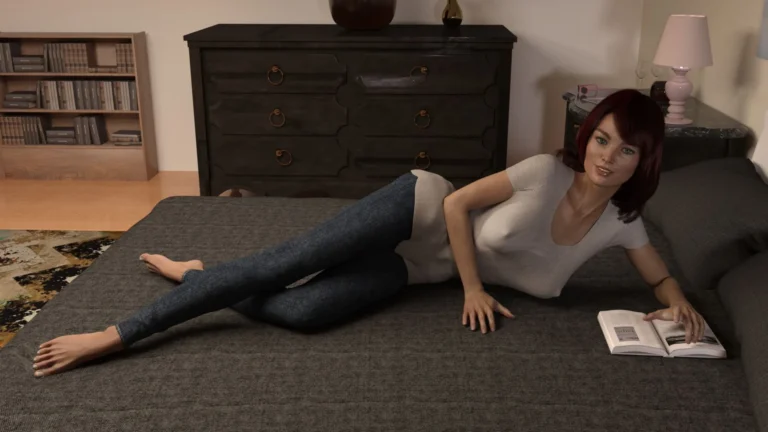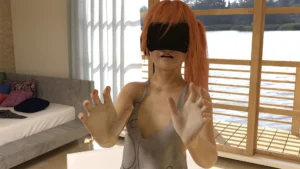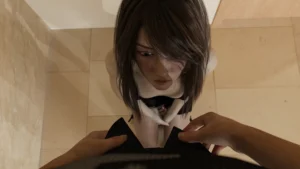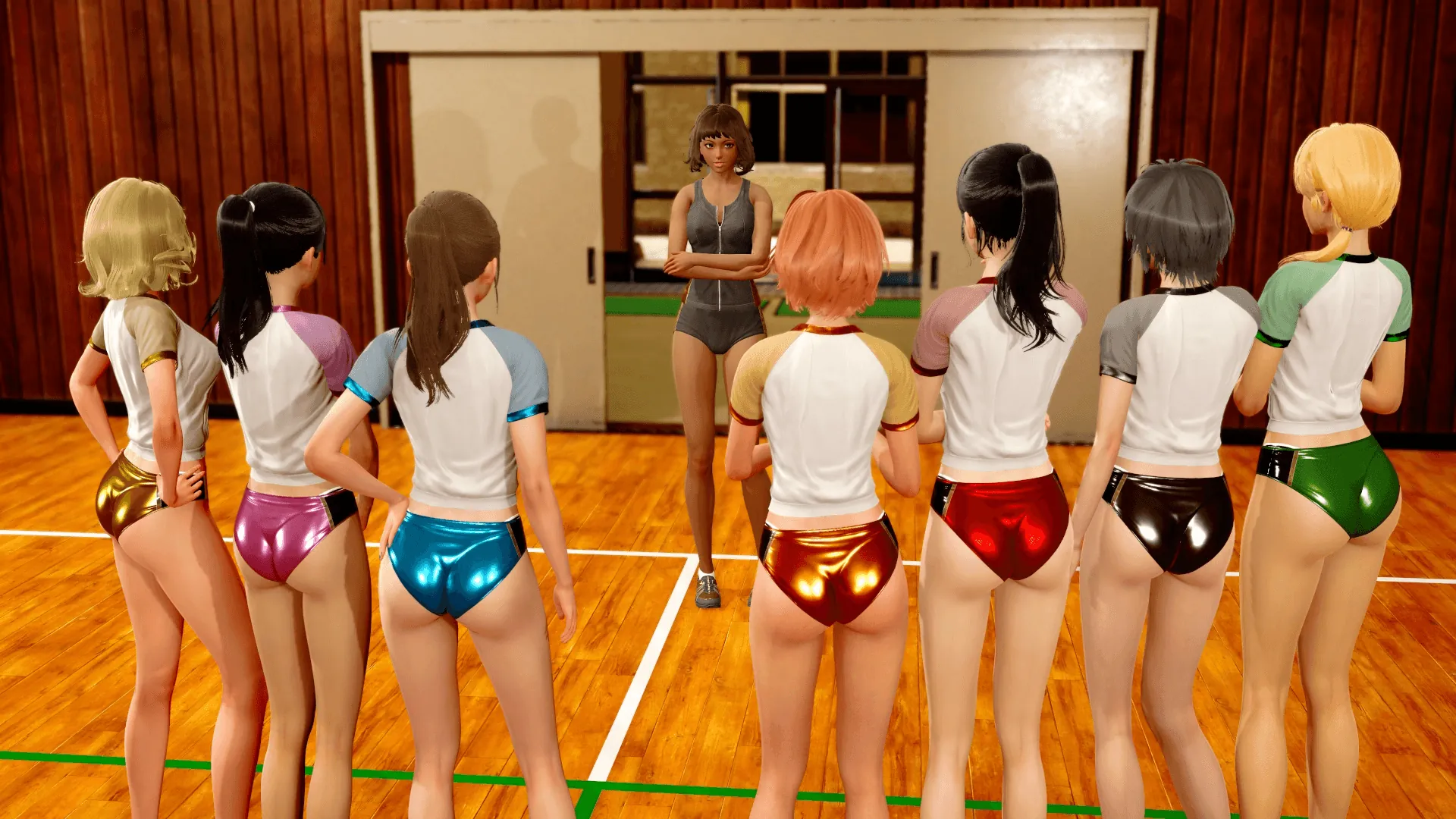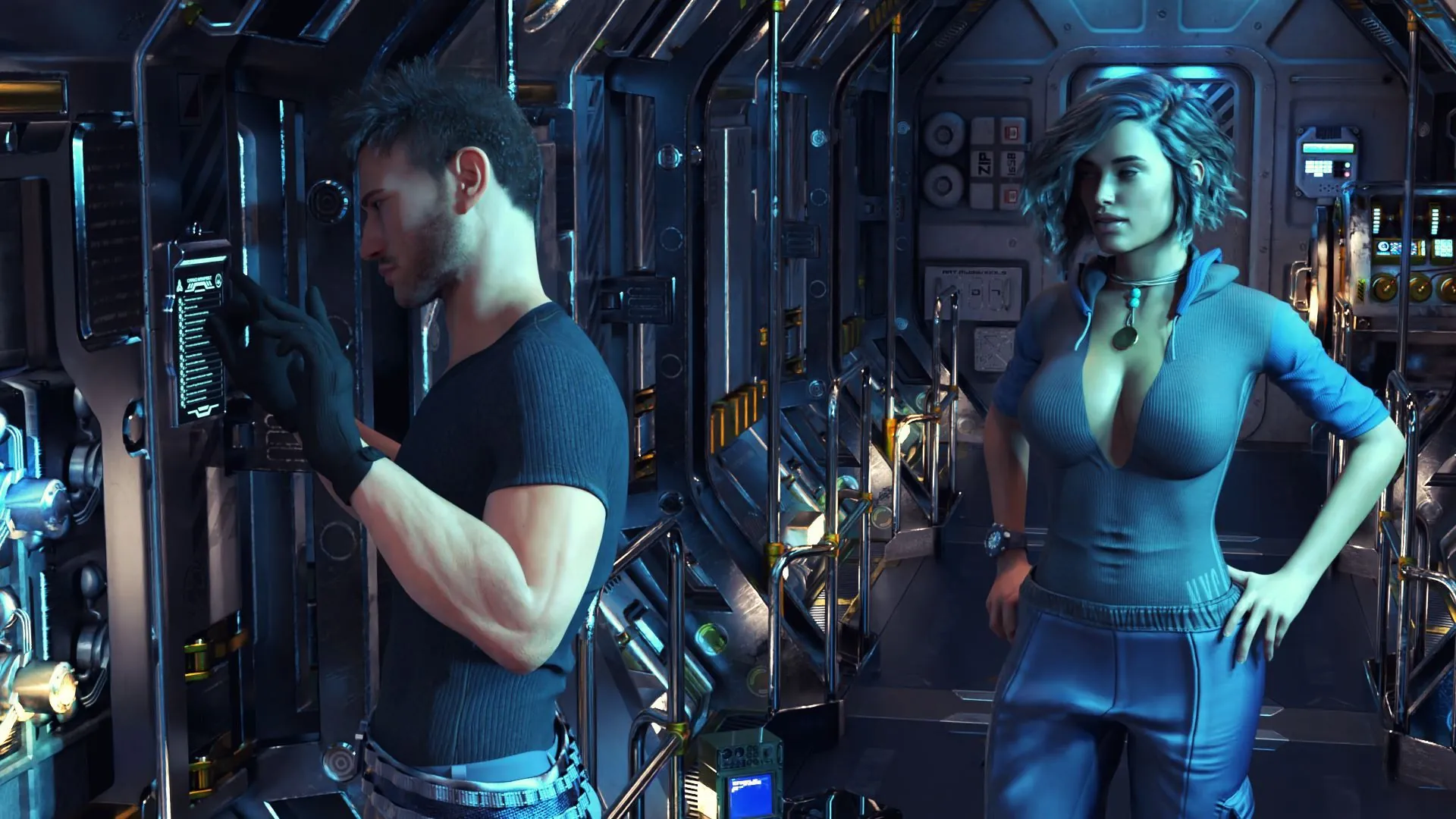
Play Bad Memories
Bad Memories review
A Detailed Look into the Gameplay, Story, and Player Experience of Bad Memories
Bad Memories is a unique interactive game that combines narrative depth with immersive gameplay elements. This article dives into the core aspects of Bad Memories, exploring its storyline, gameplay mechanics, and the overall player experience. Whether you’re curious about the game’s themes or want practical insights on how to navigate its challenges, this guide offers a comprehensive overview to help you get the most out of Bad Memories.
Understanding Bad Memories: Storyline and Gameplay
What is the core narrative of Bad Memories?
Picture this: you wake up in a decaying Victorian mansion 🏚️, with no recollection of who you are or why blood stains your hands. That’s where Bad Memories throws you headfirst into its psychological labyrinth. The Bad Memories game storyline revolves around Alex, a war veteran haunted by fragmented recollections of a tragic event. As you guide Alex through eerie environments—from overgrown gardens to ash-filled libraries—you’ll piece together a tale of guilt, redemption, and supernatural deception.
What makes this narrative unforgettable? 🤔 Alex’s character arc isn’t just told—it’s felt. Flashbacks triggered by environmental clues (like a child’s doll or a soldier’s dog tag) force players to confront repressed trauma. One moment you’re solving a puzzle in a study; the next, you’re reliving a battlefield nightmare 💥. This interactive narrative Bad Memories approach means every revelation reshapes your understanding of Alex’s past.
Pro Tip: Journal entries aren’t filler—they’re breadcrumbs. Skim them, and you’ll miss how Alex’s handwriting changes as their mental state fractures.
By the climax, choices you made hours earlier—like sparing a ghostly figure or smashing a mirror—collide in a finale where player experience Bad Memories becomes deeply personal. I sobbed when my “merciful” playthrough revealed Alex’s role in a friendly-fire incident. Gut-wrenching? Absolutely. But that’s the power of this Bad Memories game storyline—it weaponizes empathy.
How does the gameplay structure enhance the story?
Forget clunky exposition—here, mechanics are the narrative. The Bad Memories gameplay mechanics fuse exploration, puzzles, and heart-pounding stealth into a single storytelling device. Let’s break it down:
- Environmental Storytelling: Rotting family portraits 📜 or half-buried letters in the greenhouse aren’t set dressing. They’re vital clues pushing the Bad Memories game exploration forward. Miss one, and you might misjudge Alex’s motives.
- Choice-Driven Tension: Early on, you’ll find a locket with two photos. Choosing which to burn 🔥 alters later encounters. I picked the stranger over Alex’s sister… and paid for it when that “stranger” hunted me in Chapter 7.
- Memory Reconstruction: Puzzles require reassembling objects (shattered vases, scrambled photos) to unlock flashbacks. Fail, and the room physically decays*—walls crack, lights flicker—mirroring Alex’s crumbling sanity.
This synergy between action and emotion defines the unique gameplay Bad Memories delivers. Even combat serves the plot: ghostly enemies can’t be “killed,” only avoided or pacified using relics tied to Alex’s past.
| Gameplay Feature | Narrative Impact |
|---|---|
| Stealth sequences | Reflect Alex’s avoidance of trauma; alerting enemies triggers panic visuals |
| Puzzle solving | Symbolizes memory reconstruction; difficulty scales with Alex’s mental state |
| Branching dialogues | Alters character relationships; unlocks hidden story paths |
Notice how every mechanic feeds the interactive narrative Bad Memories creates? You’re not playing a story—you’re breaking it open.
What unique features define the player experience?
Three words: atmosphere, sound, and imperfection. While many games shove you toward “perfect” endings, Bad Memories game features thrive on discomfort. The visuals? 🎨 A mix of oil-painting textures and glitch effects that make memories feel tangible. The soundtrack? 🎧 Uneasy violins cut to static when paranoia peaks—I wore headphones and jumped when a whisper came from behind me.
But the real genius lies in the UI. Health isn’t a bar—it’s Alex’s trembling hands. Low stamina? The screen blurs like tear-filled eyes. Even the inventory menu feels invasive, with items appearing as scribbled drawings in a journal. These details transform player experience Bad Memories into something raw and immersive.
Here’s where I lost a week of sleep 😅: In the attic, I found a music box playing my grandma’s lullaby—a melody I’d forgotten. The game pulled this from my console’s audio files! Later, confronting a boss, that tune twisted into minor key, making my childhood memory a weapon against me. Pure terror. Pure brilliance.
For newcomers:
Embrace confusion. Getting lost in the mansion’s shifting hallways? Good. That disorientation mirrors Alex’s psyche—and pays off in revelations.
Ultimately, the unique gameplay Bad Memories offers isn’t about winning. It’s about surviving your own choices. Will you help Alex forgive themselves? Or let guilt consume them? That weight—that personal stake—is why we keep playing. 🌑
Bad Memories offers a compelling blend of storytelling and gameplay that creates an engaging and memorable experience. Its unique narrative approach and interactive mechanics invite players to immerse themselves fully in the game’s world. Whether you’re a newcomer or a returning player, exploring Bad Memories reveals layers of depth that make it a standout title. Dive in and discover the nuances that make this game truly distinctive.
